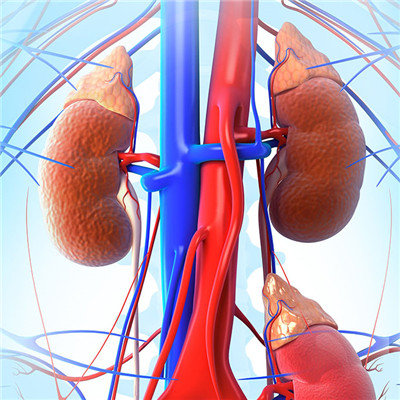What does protein loss syndrome mean?
summary
Protein loss gastrointestinal syndrome, also known as protein loss gastrointestinal disease, is also known as protein leakage gastrointestinal disease or exudative gastrointestinal disease. It refers to a syndrome caused by the loss of plasma protein, especially albumin, from gastrointestinal mucosa due to a variety of reasons. The main clinical manifestations were systemic edema and hypoproteinemia. What does protein loss syndrome mean? Next, I'd like to share my views with you.
What does protein loss syndrome mean?
* the loss of plasma protein, especially albumin, causes colloid osmotic pressure to decrease and secondary aldosterone increase, resulting in retention of sodium and water. Therefore, the patient can develop edema and his lower extremities are more obvious.

In addition, there may be pleural effusion, ascites, weight loss, anemia, etc. in children, there may be developmental disorders, gastrointestinal symptoms may include loss of appetite, nausea, vomiting, diarrhea and abdominal pain, etc,

The loss of calcium can induce tetany, intestinal lymphangioectasis often has the loss of immunoglobulin and abnormal cellular immunity, and the lymphocyte homing phenomenon of phytohemagglutinin is also weakened, so it is prone to pulmonary infection.

matters needing attention
It is suitable to supply high protein, high fat, high heat energy, low carbohydrate, less residue and digestible food. Pay attention to supplement various vitamins and iron, potassium, sodium, chlorine, such as lean meat, fish, liver, whole wheat bread, potatoes, peanuts and other food intake.













